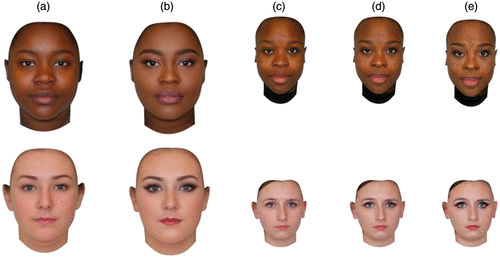
According to the headline of a story posted by Tampa’s WFLA news channel, “Wearing makeup can hinder women’s leadership chances, study says.” As someone who doesn’t wear makeup, and rather than continuing to scroll past the link to see the latest good dog on WeRateDogs (@dog_rates), I decided to find out how this decision apparently increased my odds of being a leader. The study, “Negative Effects of Makeup Use on Perceptions of Leadership Ability Across Two Ethnicities,” which was led by Dr. Christopher Watkins in the Division of Psychology at Scotland’s Abertay University, examined what effect the use of makeup (in this case, termed as makeup used for a “social night out”) had on the perception of women’s capacity for leadership. Though the results of the study show that makeup negatively impacts possible leadership ability, the opening line of the WFLA piece seems to draw out the results’ logical conclusion: “A new study found if women want to be great leaders in the workplace, they’ll need to put down the lipstick and go easy on the mascara.”
However, what interests me here is not that someone like me might be promoted as a supervisor over the likes of the latest Revlon spokesperson; rather, I am drawn to how the presumption of authority relates to how we perceive the world around us. That is to say, since our perceptions construct our reality, then they certainly determine who (or what) we find to be authoritative. In other words, authority is not intrinsic to a person or position. But what makes someone capable of being a leader or an authority is not exactly straightforward. Some might say that it’s a person’s credentials or their previous experience. From this study, though, notice that it’s neither of these things that makes these women capable of occupying a role of authority — it’s the way they look. But why do some physical appearances suggest that a person would be a better leader than someone else? Continue reading ““Maybe she’s born with it. Maybe it’s Maybelline.””
